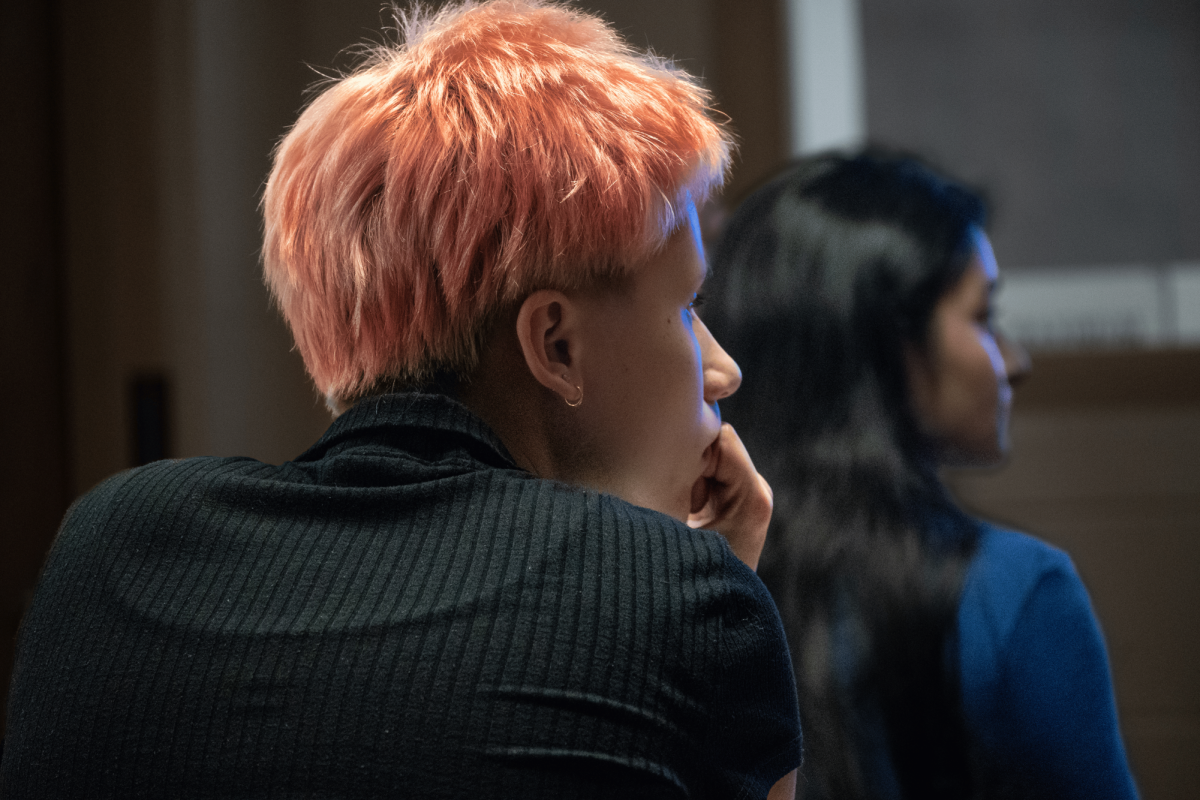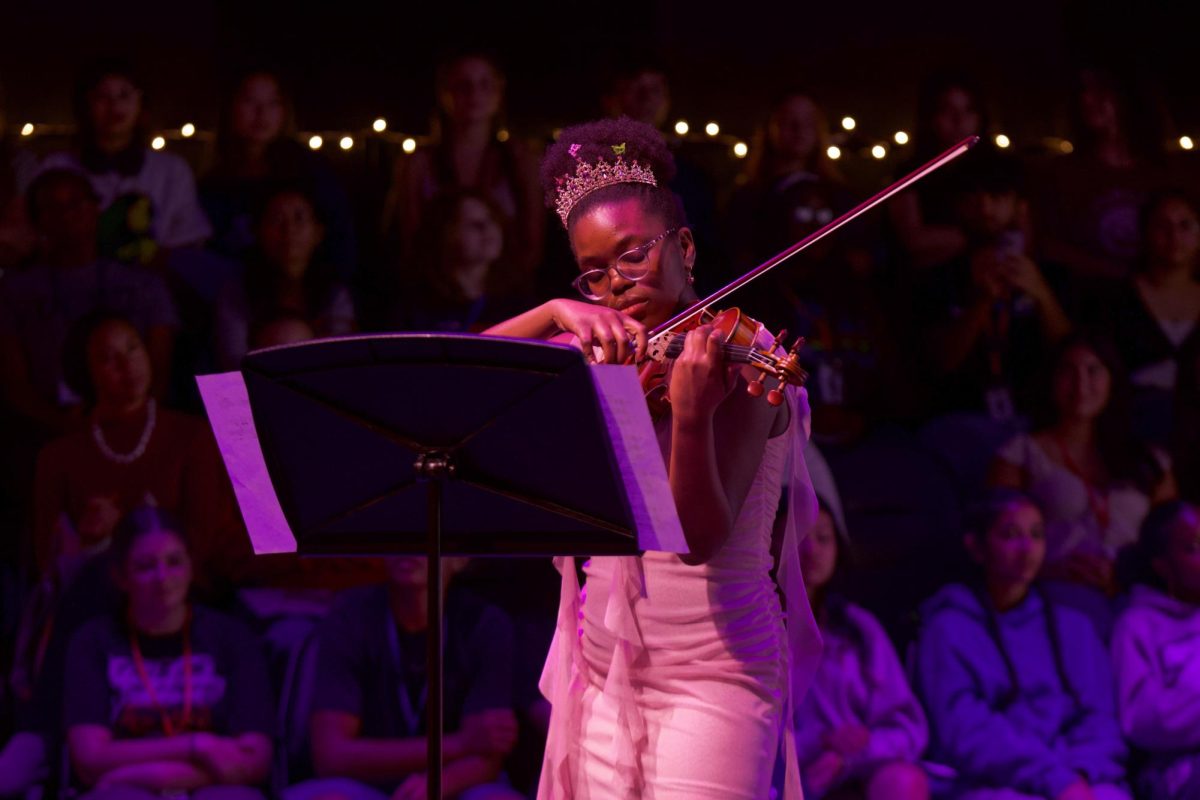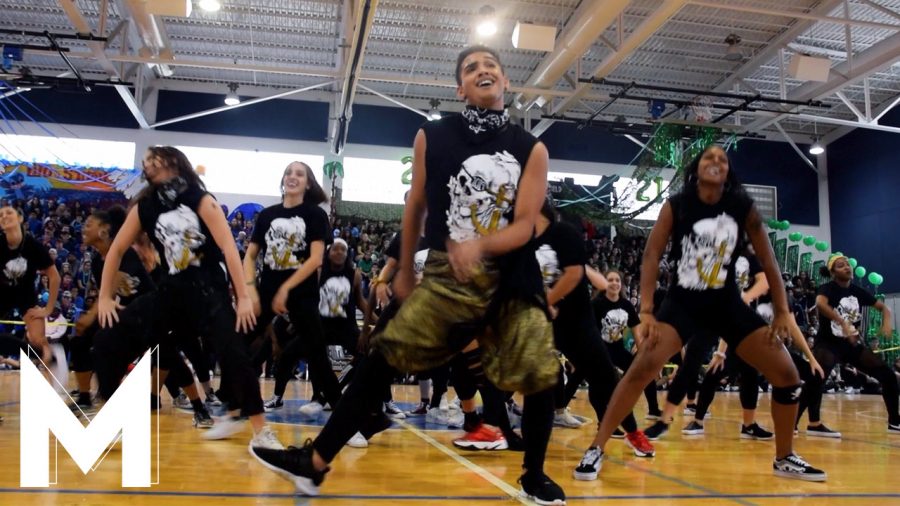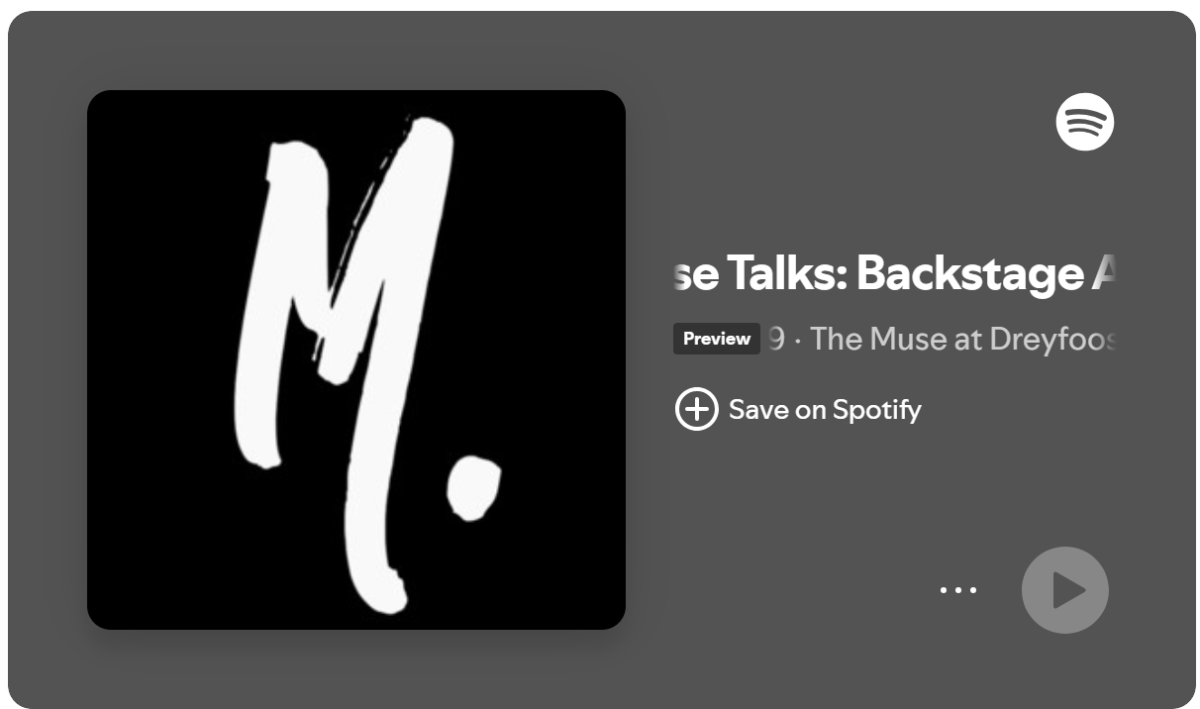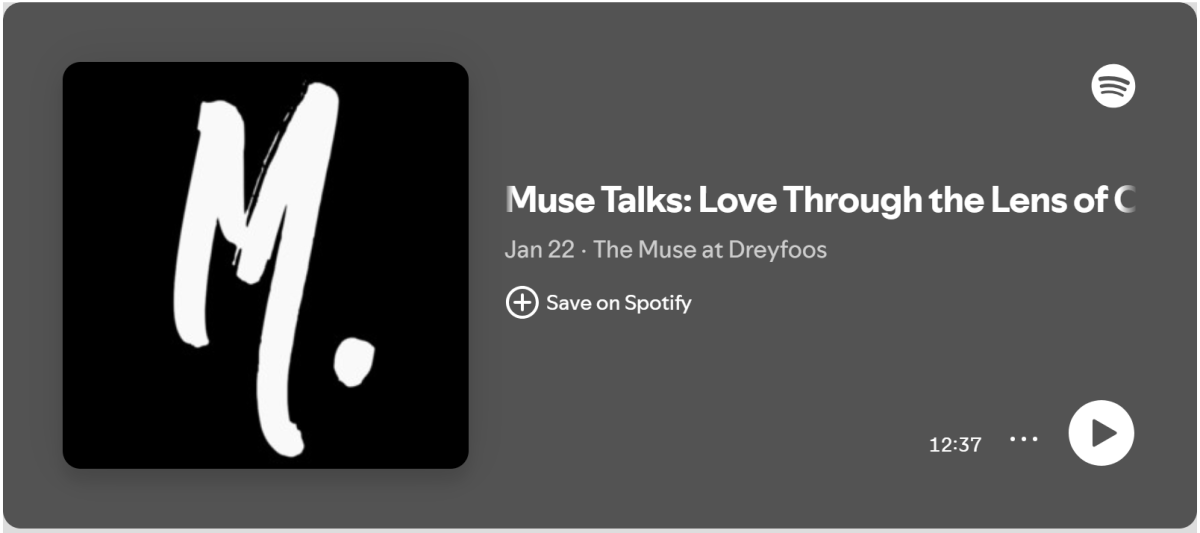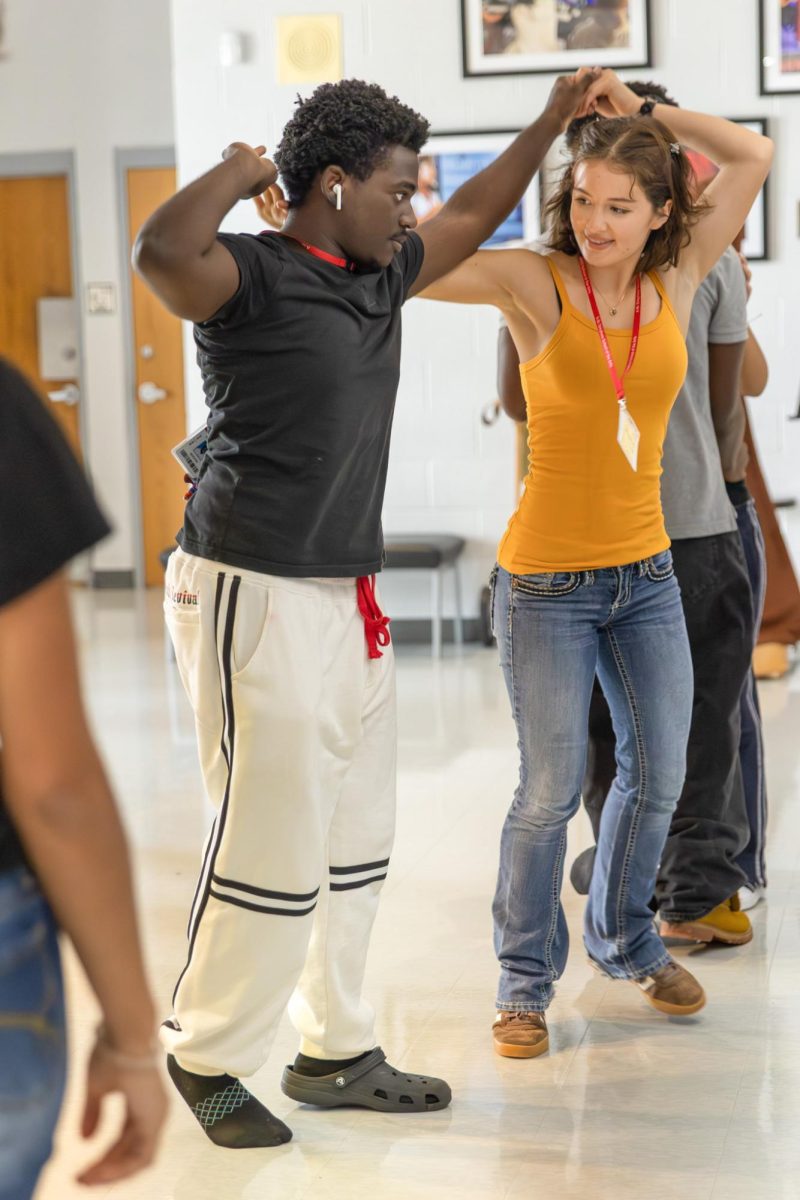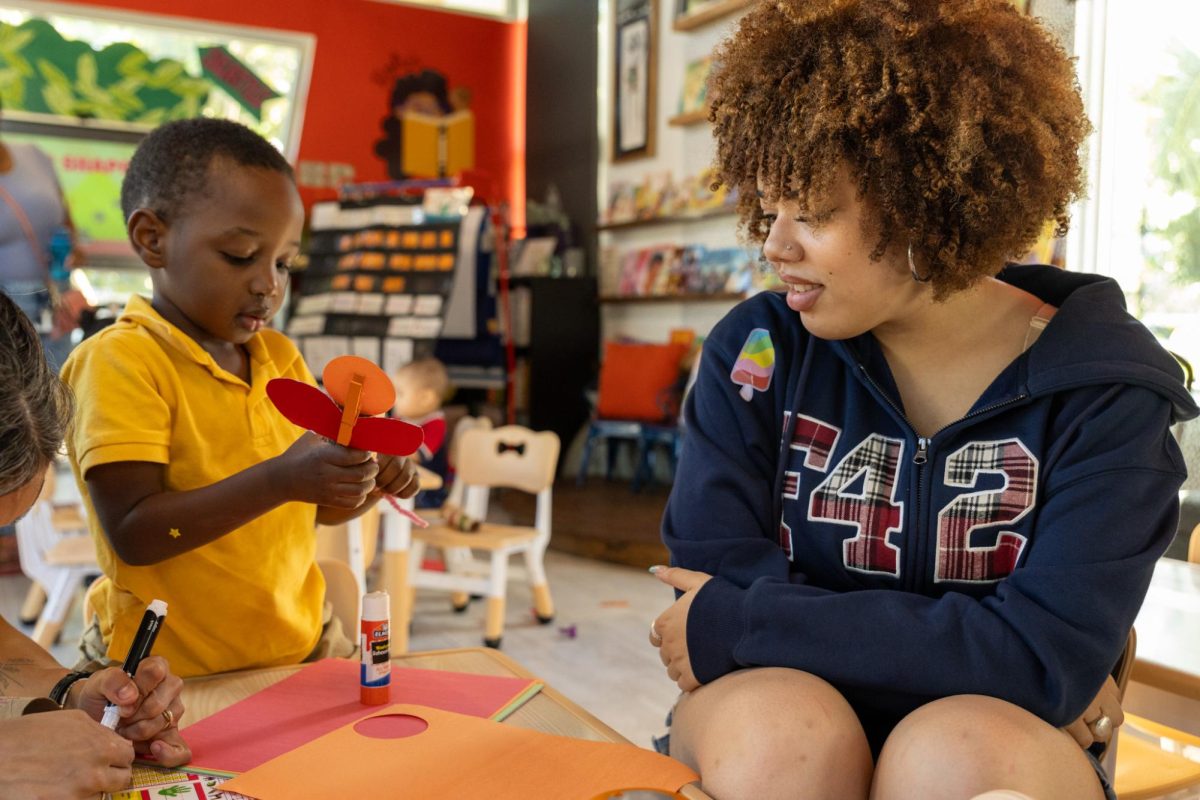#SJW2015 Students’ Rights
February 24, 2015
Enforcing limitations on artistically inclined students is challenging, especially when we go to a school built on the foundation of self-expression and artistic freedom via almost any medium. That being said, there are still rules we must follow as a public school in the Palm Beach County School District. But our school system works like a version of John Locke’s Social Contract. We enter into this society in which we must give up certain freedom to receive the benefits offered. In the case of school, we follow the rules presented to us to be a given a free education.
Many students are familiar with the rules and responsibilities outlined in the School District of Palm Beach County Student and Family Handbook, such as following dress code, maintaining a 2.0 GPA to be eligible for athletic programs and abstaining from the use of tobacco on campus, but our rights as students are often overlooked. We went through the school district handbook to present you with this compacted list of student rights. For a details and explanations of these rights, see School District of Palm Beach County Student and Family Handbook.
- Students have a right to know how School Policy defines and handles excused absences, unexcused absences, and tardiness
- Students have a right to ask that a penalty for an unexcused absence be reviewed
- Students have a right to make up work missed during an excused absence
- Students have a right to be protected from exposure to communicable diseases and infestations when in school.
- Students have a right to wear clothes that are appropriate for school, are not dangerous to health and safety, does not distract or offend others, and support the school’s specific dress code.
- FERPA, affords parents and students who are 18 years of age or older (“eligible students”) certain rights with respect to the student’s education records. In summary, these rights are:
- The right to inspect and review the student’s education records within 30 days of the day the school receives a request for access. Parents or eligible students should submit to the school principal a written request that identifies the record(s) they wish to inspect. The principal will make arrangements for access and notify the parent or eligible student of the time and place where the records may be inspected. If copies are provided, a minimal duplication fee may be charged. NOTICE: Both parents’ right of access will be honored by the school unless: a) there is a legally binding document or court order on file at the school that specifically denies the right to one or both parents, or b) another exception under FERPA exists. If you have questions, please contact your school office.
- The right to exercise the right of waiver of access to confidential letters or statements. 2. The right to request the amendment of the student’s education records that the parent or eligible student believes are inaccurate, misleading, or otherwise in violation of the student’s privacy rights under FERPA. Parents or eligible students who wish to ask the school to amend a record should write the school principal, clearly identify the part of the record they want changed, and specify why it should be changed. If the school decides not to amend the record as requested by the parent or eligible student, the school will notify the parent or eligible student of the decision and advise them of their right to a hearing regarding the request for amendment. Additional information regarding the hearing procedures will be provided to the parent or eligible student when notified of the right to a hearing
- Students have the right of privacy of personally identifiable information in the student’s education records, except to the extent that FERPA authorizes disclosure without consent; and the right to provide written consent before the school discloses personally identifiable information (PII) from the student’s education records, except to the extent FERPA authorizes disclosure without consent.
- Students have the right to file a complaint with the U.S. Department of Education concerning alleged failures by the School District to comply with the requirements of FERPA.
- Students have the right to express our ideas freely.
- Students have a right to hear various sides of subjects.
- Students have a right to give their opinions and points of view subject to time, place and manner limitations.
- Students have a right of student expression through school‐sponsored publications consistent with legal and regulatory requirements, board policies, civil discourse, responsible journalism and professional standards, and within a framework of mutual respect.
- Students have a right to expect that pornographic and/or threatening materials will not be allowed in the school
- Students have a right to use online telecommunications and networks to increase their access to information and resources for academic purposes
- Students have a right to use online telecommunications and networks for academic purposes to obtain information, create intellectual products, collaborate, and communicate for educational purposes.
- Students have a right to use online telecommunications and networks without the fear that their products will be violated, misrepresented, tampered with, destroyed, or stolen.
- Students have a right to engage in their religious activities on their own time outside school functions.
- Secondary students have a right to limited public forum for student groups to meet
- Students have a right to go to school, no matter where you live or how long you have lived there. They [homeless children] must be given access to the same public education (and all other opportunity’s such as transportation) including pre‐school education provided to other children .
- Students have a right to consent before students are required to submit a survey that concerns one or more protected areas (“protected information survey”) if the survey is funded in whole or in part by a program of the U.S. Department of Education.
- Students have a right to receive notice and an opportunity to opt a student out of survey.
- Students have a right to inspect upon request and before administration or use of survey.
- Students have a right not to stand or recite the Pledge to the Flag and advising of the written opt‐out option.
- Students have the right to personal privacy.
- Students have the right to expect that schools will keep their records safe, secure and private.
- Students have the right to expect that personal belongings will be respected by others.
- Students have the right to know that information about another person must be treated with respect and privacy.
- Students have the right to be treated with respect.
- Students have the right to attend a safe and orderly school.
- Students have a right to participate in extracurricular activities, assemblies, and school‐approved organizations without regard to age, color, disability, ethnicity, gender, linguistic differences, national origin, marital status, race, religion, sexual orientation, gender expression and/or gender identity, genetic information, or socioeconomic background.
- Students have a right to seek office in student government and/or school clubs without regard to age, color, disability, ethnicity, gender, linguistic differences, national origin, marital status, race, religion, sexual orientation, gender expression and/or gender identity, genetic information or socioeconomic background.
- Students have a right to consult with faculty sponsors of school curriculum related clubs and groups.
- All students have a right to take part in electing officers for student government.





